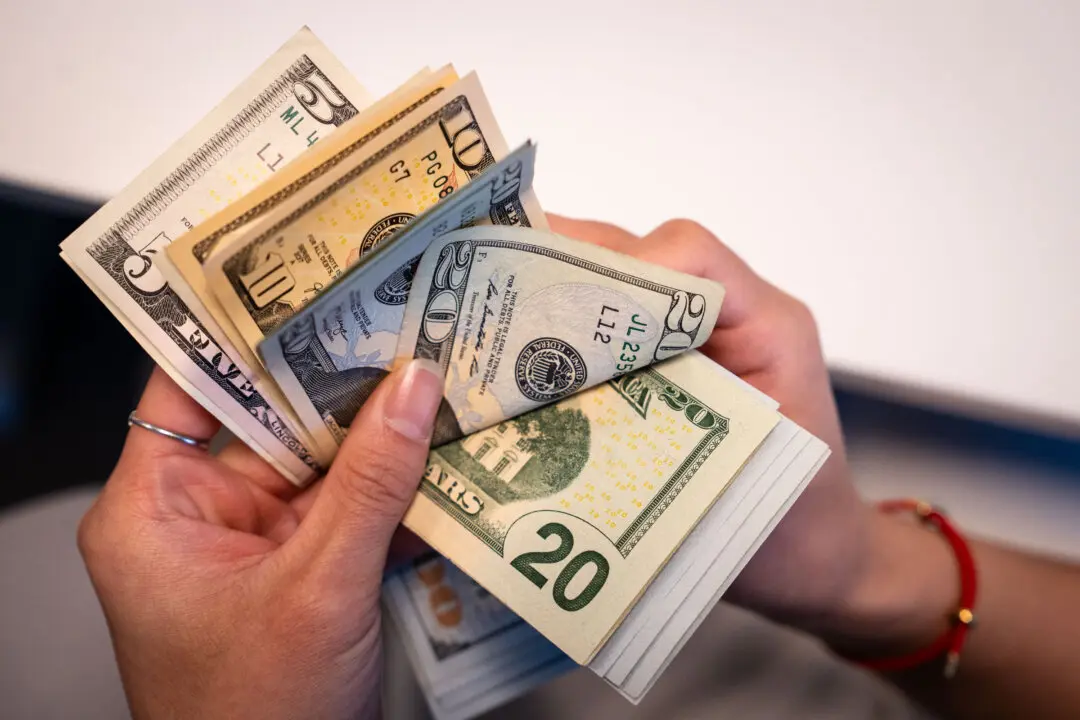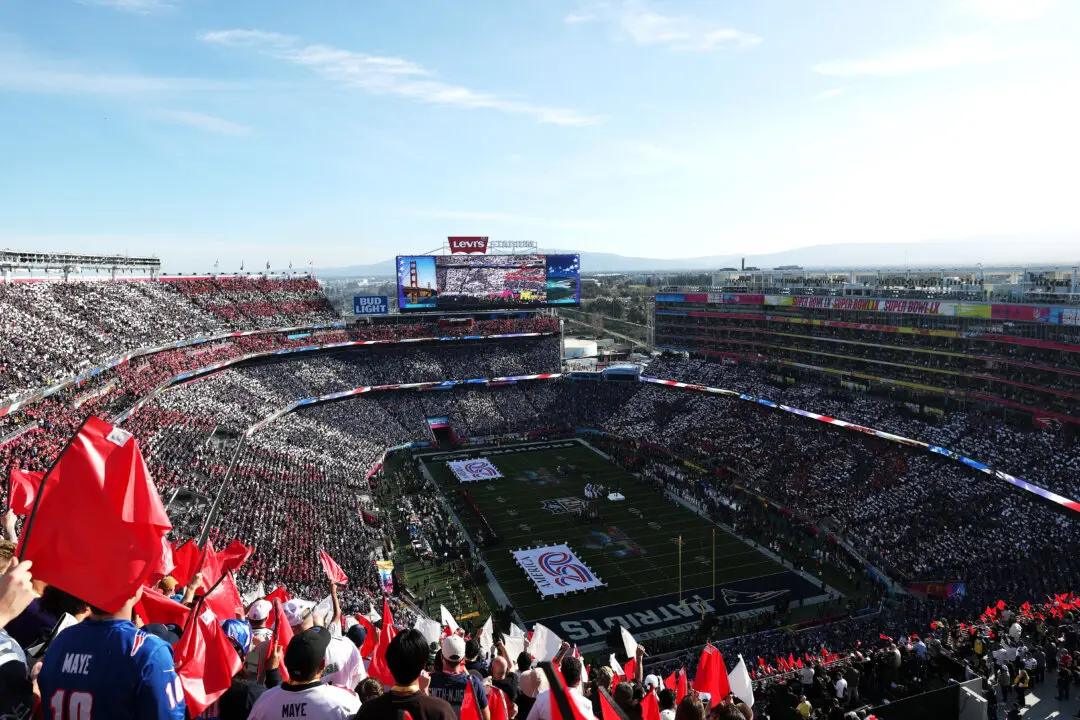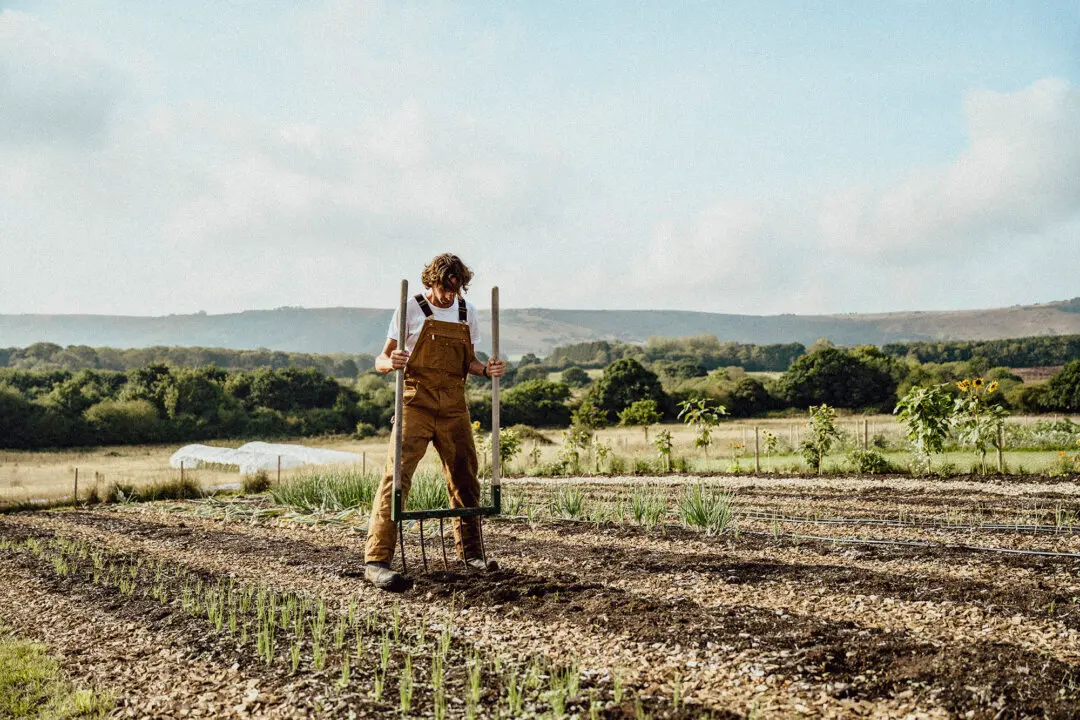Commentary
Texas is famous for its wide-open land, its independence, and its promise of freedom. Yet the truth is that Texans pay some of the highest property tax rates in the country. The state itself doesn’t collect property tax, but local governments make up for it many times over. Even with agricultural and wildlife exemptions, the real burden still falls on commercial buildings, apartment complexes, and single-family homes—the very places where most people live and work.
Every year, I write a check for $24,000 in property taxes. In Texas, more than half of that typically goes toward public education—sometimes up to 70 percent in certain counties. The irony is that none of it goes toward educating my own children.
I homeschool my kids. On our farm, we built a small barn with electricity, air conditioning, and a nearby restroom. My husband and I teach our children farming, entrepreneurship, and money management. We hire a teacher three days a week for reading, writing, and math and a tutor for additional help with reading. We pay entirely out of pocket for all of it. Yet each year, I’m still forced to pay tens of thousands of dollars to fund a system I fundamentally disagree with.
I don’t believe the public school system nurtures creativity, curiosity, or courage. It creates workers, not thinkers. It rewards compliance, not conviction. I often joke that I don’t co-parent with the government, but in truth, the property tax system makes me do exactly that. It forces me to contribute to a system that, in my view, often indoctrinates children rather than inspires them. It feeds them food I consider unhealthy and trains them to fit in rather than think for themselves.
Last year alone, my property tax bill increased by $11,000. I paid extra to bring electricity and internet to our rural property. I maintain the land, the buildings, and the utilities myself. Yet every year, I have to pay again just for the right to keep what I already own. Even if I pay off my mortgage, I will still have to pay property taxes. That means I never truly own my home. The government can raise taxes whenever it wants, and if I can’t pay, it can take the property away. How is that ownership? How is that freedom?
Some states, like Florida, are exploring ways to phase out property taxes altogether. If that ever happens, people will move there in droves. Because this isn’t just about money. It’s about ownership, autonomy, and legacy. How can we build generational wealth or pass down land to our children if the government can simply tax us out of it?
And it doesn’t stop with homes. Texas, like California, taxes what’s called “business personal property.” That includes machinery, equipment, furniture, fixtures, and even inventory—all the physical items a business uses to operate. Each year, business owners are required to list and report these assets to the county so they can be taxed. It is essentially a yearly penalty for owning tools of your trade.
When I owned a restaurant in California for 10 years, assessors would come in every year to evaluate my kitchen equipment. They decided that my stoves, ovens, refrigerators, and furniture were worth $70,000 year after year, even though they were old, worn out, and often in need of replacement. Their justification was “replacement rate,” meaning that they taxed me based on what it would cost to replace the equipment, not on what it was actually worth. So I paid taxes on the theoretical cost of replacing items I already owned. What service exactly is the government providing for my stoves, fryers, and refrigerators that justifies an annual payment? None. Yet they collect anyway.
And even when you sell a property, they still find a way to come after you. When I sold my house in Ventura County, California, all the taxes were paid through escrow at closing. I thought I was done. But months later, the county sent me a new bill for $5,000 based on “updated assessments” that they claimed to have made from looking at the interior photos from my real estate listing. They called it a supplemental tax. I call it an exit tax. They are still trying to collect on a property I no longer own.
Property tax is marketed as a way to fund communities, but in reality, it is a perpetual lease from the state. You never stop paying for something you thought you owned. That is not ownership. That is modern feudalism, dressed up as civic duty.
What if we did things differently? What if every family took responsibility for educating their own children or chose who they wanted to pay to do it? What if communities were funded transparently and voluntarily, instead of through coercion? Perhaps then, we could finally reclaim what is ours—our homes, our businesses, our freedom.
Until that day, we are all tenants on the land we supposedly own.





